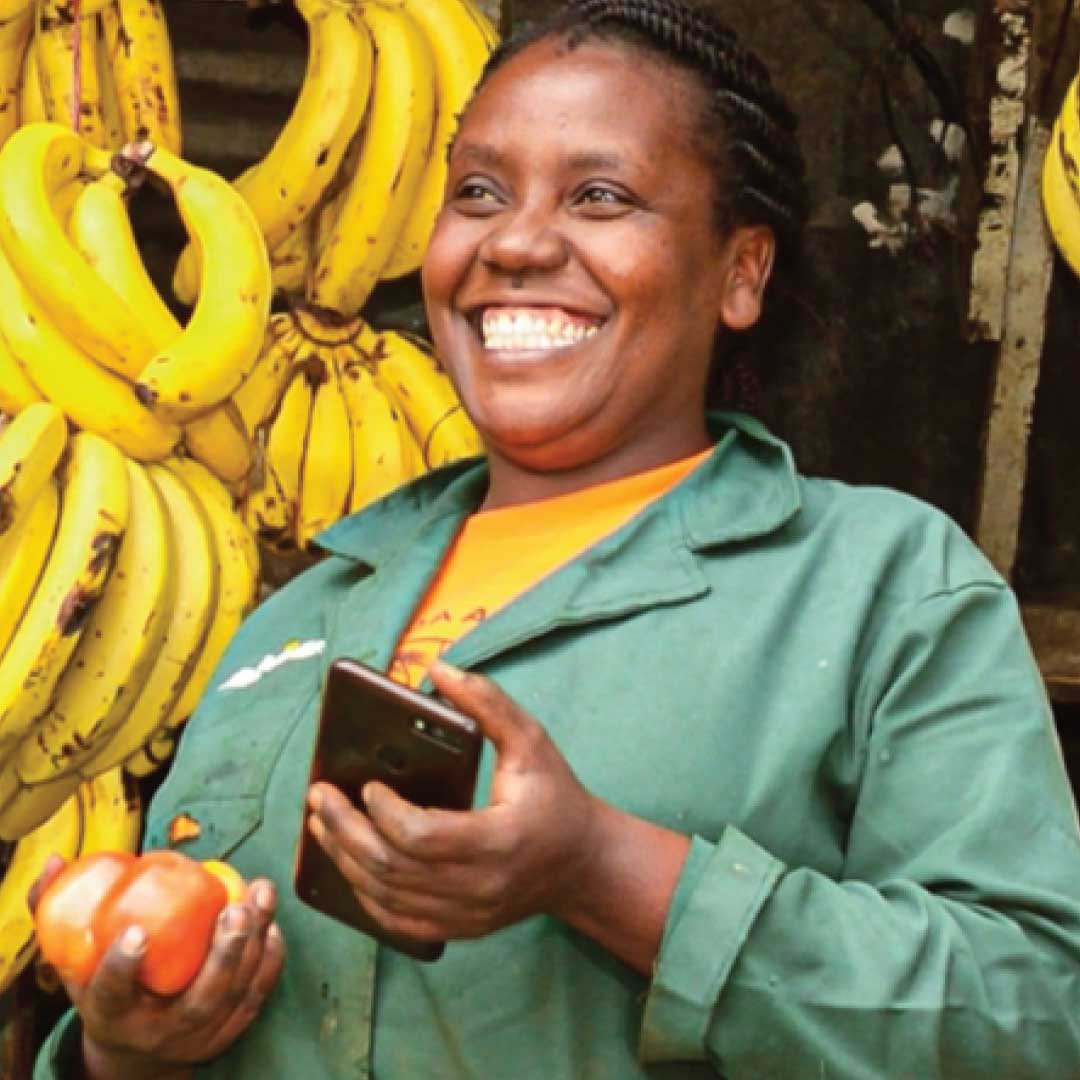Twiga, a business-to-business marketplace platform in Kenya that procures produce directly from farmers and delivers it to urban retailers, has expanded its operations by launching a subsidiary known as Twiga Fresh.
In light of this, through its subsidiary, the company plans to farm and distribute its agricultural produce to traders.
This was made known by their CEO and co-founder Peter Njonjo who affirmed that it has begun producing horticulture produce on its 650-hectare (1,606-acre) area, such as onions, tomatoes, and watermelons, with an expected annual output of 150,000 tons of recent produce. To this point, they have invested ten million dollars into the startup company, which will eventually be supported by debt from growth finance institutions.
Twiga – How it works
Since its inception, Twiga has leveraged technology to connect smallholder farmers with informal merchants. As a result, these farmers have gained access to new markets and a larger customer base, and Twiga has improved the efficiency of the food supply chain in the markets in which it operates.
Read Also: Safaricom Launches M-PESA Junior Accounts For Minors
However, along the road, Twiga states that they have had to deal with traceability concerns, stockouts, and price fluctuation. These difficulties have made it difficult for the company to deliver on its promise of providing affordable food that is also secure. They anticipate having a stronger command over production now that they have Twiga Fresh as the most recent addition to their private label business.
“The volumes for other fresh products were low because we made a decision not to scale fresh produce where we did not have traceability from a food safety standpoint,” Twiga CEO and co-founder Peter Njonjo informed TechCrunch, adding that the new business will not affect so many farmers
Moving Forward
Beyond Kenya, Twiga plans to start operations in Uganda and Tanzania soon and is also exploring new markets in Central and West Africa.
According to the company, its farm is one of the largest commercial fresh produce facilities targeting the domestic market in East Africa because most large-scale horticultural businesses in the East African country export their harvests.
However, Twiga says it would continue procuring some produce, such as bananas, from partner farmers to meet the needs of the 45,000 traders it serves every month.
Read Also : Ukheshe Technologies To Expands with Amazon Web Services (AWS)
Twiga stated that it will, however, continue procuring some goods, such as bananas where the value chains are more “established and efficient” from partner farmers in order to provide for the 45,000 merchants that it serves on a monthly basis.
“Most of the Africa-based investment in modern commercial farming has been made in the export-oriented industry over the years because of the low formality of the domestic food market. This has led to decreasing productivity of local farming, which has impacted both quality and pricing in the market,” said Njonjo who founded the company with ex-CEO Grant Brooke.
“The pricing today on basic fresh produce is one of the highest in history and we are also witnessing increasing importation of basic food items on account of this. Through building a B2B supply chain into informal retail, Twiga has been able to formalize the domestic food market using technology, putting the company in a unique situation to invest in backward integration and solve the problem of declining productivity and increasing cost of food,” he said.
About Twiga
Twiga is a Kenya based B2B e-commerce platform that simplifies the supply chain between fresh food producers, FMCG manufacturers, and retailers.
They aim to remove the need for many intermediaries, significantly lowering the cost of food for consumers. With over 100,000 registered customers they are able to make over 10,000 every delivery daily.
